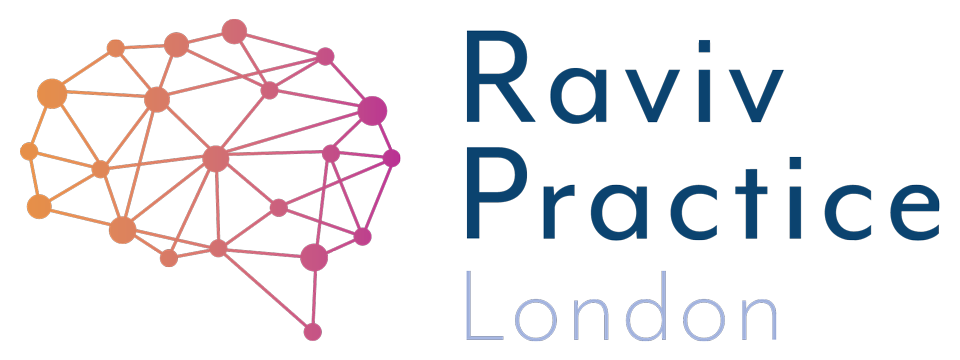When children get bored easily
Some children learn better when doing a practical thing, rather than thinking deeply or reading about it. The act of ‘doing’ helps some children remember the task at hand.
In all the stages of learning, we want to encourage curiosity and understand how best a child likes to learn and exploit this to its maximum potential.
Sometimes, what makes the chore of learning very difficult, especially for those with special needs (dyslexia, dyspraxia, ADHD) is if they have poor working memory or poor executive functional skills, these children appear bored easily and cannot engage for long periods in new tasks.
I have worked with many children like this, and there is a common pattern of events. Often the issue stems from many factors, some of which are physical (poor coordination), others brain-based (cognitive).
The resulting issue manifests in a child that is looking for activities of instant gratification, who is not entertained for long or might be hyper-focused unable to change pace or activity.
These events combine, leading to the point where the child believes that ‘everything is boring’, unless it is their choice of activity. Also the chosen activity is usually something very familiar, which limits their potential to stretch their way of thinking, and how they process their own thoughts – metacognition.
Metacognition is thinking about how you think, this self-analysis is the basis of self-improvement.
So how do you help a child improve ways of thinking, how do you develop curiosity?
The first thing is to stop talking and start asking more questions, or allow periods of silence to give the child space to work it out for themselves.
Parents who provide all of the answers all of the time are not letting their children think for themselves.
We need to place the responsibility squarely in the child’s hands.
Does this sound familiar? Whenever the child can’t find the butter in the fridge (it’s probably behind the bowl of yesterday's evening meal), instead of moving things in the refrigerator the call comes out, “I can’t find the butter!”
If this is happening in your house, things need to change; you need to change.
Don’t always do things for your child; don’t provide answers until your child has tried to work it out for itself.
The beauty of physical ‘survival’ based activities.
When survival is a factor the brain switches on.
Any activity that requires balance is something we have to think carefully about, we cannot do it routinely. Climbing Walls are my number-one first point of call.
Children using Climbing Walls (or trees) need to do many things, but most of all they need to avoid falling down! Each hand position, each foot position is thought through and their placement has consequences. This is thinking critically at its best.
“Any activity that affects balance is something we have to think carefully about.”
Afterwards, there is a lot of self-analysis; was I strong enough? How would I do this next time?
We need to nurture mega-cognition. After a few goes of the same Climbing Wall the activity does become familiar (procedural) but that’s when we increase the challenge to the next level for a longer duration.
How does the ship get into the bottle?
I like to use puzzles which make you think, but don’t burden the working memory, for this reason I like simple Sudoku puzzles.
“You don’t need special equipment, a unique space or loads of time.”
You don’t need special equipment, a unique space or loads of time. Unlike the physical toy type puzzle, you can see the steps taken to solve the puzzle and analyse them, furthermore you can use this analysis next time.
This activity helps build on metacognition; how to solve the puzzle and how you think. There are many different variations, and the level of complexity can range from a three-year-old to rocket scientist level - it is highly adaptable.
The act of thinking
Any habit good or bad can provide the same satisfaction and same dopamine hit of pleasure.
The problem lies when it becomes an obsession. Our brains can get addicted to one particular activity and not able to cope without it. The idea of thinking about what you are doing at the time. or being able to analyse what you did, allows you to be more in the ‘present’, it enables you to consider how to change your thinking.
“mindful activity can be nurtured from a young age.”
This small amount of mindful activity can be nurtured from a young age, and when it is, we know we are improving both the working memory, and the executive function of those who need it most.
Workshop
We offer workshops that nurture these ideas and allow children the opportunity to build on thinking skills that help underpin academic success.
Dyslexia? Dyspraxia? ADHD? ASD? Speech & Language? Developmental Delay? Anxiety?
Is every school day a struggle? As a parent, you may feel exhausted and on this journey alone. Each year you see the gap getting wider. You need to do something - change the approach, help your child learn for themselves, find a way to turn this around - to help while you can - do this NOW. the first step is free.
About the Author
Usha Patel is a Neurocognitive Therapist and Director at Raviv Practice London. Parents searching to help their suspected/neurodiverse child can get evidence-based solutions with results in as little as 8 weeks. Those in search of jargon-free help can get started straight away.




